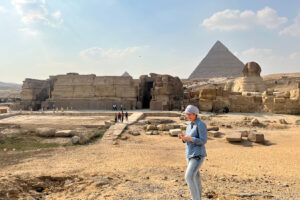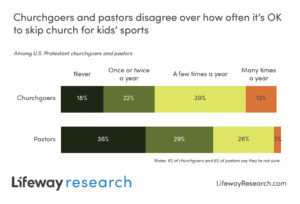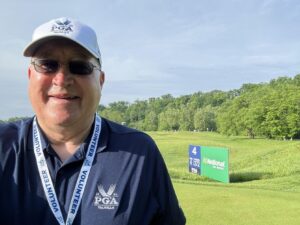
KANSAS CITY, Mo. (BP)–“Do not neglect the revival dimension in your ministry,” urged Ray Ortland Jr., a former professor of Old Testament and Semitic languages at Trinity Evangelical Divinity School, as he delivered the Sizemore Lecture series at Midwestern Baptist Theological Seminary.
Ortland, currently pastor of First Presbyterian Church, Augusta, Ga., spoke of a former colleague at Trinity who had told of a minister who “was never granted a place at the heights of ecclesiastical preferment.” It was known, however, that at every church he served “the touch of God was clearly evident.” This man “did not neglect the revival dimension in his ministry,” Ortland pointed out in his Nov. 3-5 messages at Midwestern, based in Kansas City, Mo.
Similarly, those who are committed to the “divine reviving of the church,” and who “long to see the touch of God on your ministry, must yield to God in your thinking, praying and doing,” Ortland said, emphasizing the importance of developing a biblical theology of revival.
Calling for a proper understanding of the “validity of human agency in the revival equation,” Ortland said a hyper-Calvinistic view which dismisses human agency and means must be adjusted. God’s sovereign presence pervades all of history and all of human activity, he maintained, but Christians should turn to the Apostle Paul as an example and not be squeamish about God’s use of human agency and means, even in revival, Ortland said.
Noting several definitions of revival from such thinkers as J.I. Packer, Richard Owen Roberts, Malcom McDowell, Alvin Reed and John Armstrong, Ortland proposed his own definition: “Revival is a season in the life of the church when the normal work of the gospel operates with unusually quickening spiritual power.”
As a season in the life of a church, Ortland said revival is not subject to man’s control. “Moreover, the engine driving revival is the normal work of the gospel.”
That’s important, Ortland suggested, because if revival were by nature different from the normal work of the gospel, a “two-tiered church” would be created, consisting of both “drones” and “super-Christians” who have a” hyper-blessing different in nature from what God gives ordinary people.” Such a two-tiered understanding of the church would be a distortion of the gospel, Ortland said, inviting legalism and pride.
Nonetheless, churches in revival, while having the normal blessing of God, operate with unusually quickening power, Ortland said. “God hits the fast-forward button, so that five years of advance, expansion and deepening can take place in perhaps five weeks.”
Ortland expressed concern that much of the literature on revival “discloses a weakness in biblical work.” Though we have rich revival literature, work on revival from an exegetical, biblical base “is a bit thin,” he said. He then proposed to develop a biblical theology of revival starting, not, as is commonly done, from Old Testament historical narratives but from those “principal passages” in the Psalms and the Prophets.
These passages “unmistakably intend to teach us revival theology












